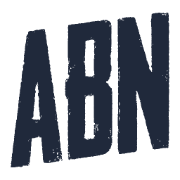What is the source code of education?
Miles Berry suggests in Open Source Education that textbooks, lesson plans, and curricula are the “source code” around which some educators are building communities:
The communities of practice which grow up around open source projects could have much in common with the networks and communities of educational, curricular and pedagogic ‘developers’ which school leaders and teachers have the potential to become, if given the necessary encouragement, opportunities and freedom. Loose communities of teachers working together to develop educational resources, schemes of work or other educational innovation would foster creativity, ownership, and the legitimate peripheral participation [ref] necessary for professional development, as well as being a highly cost effective way of producing some great educational benefits over and beyond education technology.
I’ve recently started following a few different open source projects on GitHub, and enjoy seeing these communities at work. The interdependent and interconnected nature of code commits requires a level of coordination among developers that I’m not sure is necessary to get value from using a repository of peer-contributed educational resource. To what extent do educators those using sites like Curriki engage with one another, in practice? Is there interest among educators in forming richer communities of practice online? GitHub – with its notions of forks, watchers and committers – may prove to be a surprisingly relevant model…
Speaking of “communities of practice” and “legitimate peripheral participation”, Etienne Wenger just spent a week fielding questions on the Networked Learning Conference discussion board:
Making sense of the difference between network and community”. Looks like a discussion that I should have read before posting…
(discovered via the P2P Foundation blog)
